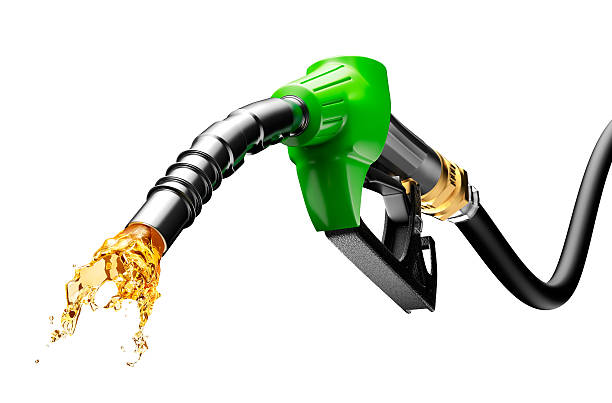As Africa’s second-largest copper producer fully effects its reorganization of the fiscal purse, its energy ministry will not be extending any tax waivers for petroleum inputs into October. This comes in the wake of strides the Southern African nation is taking to restore fiscal fitness. The action comes exactly a month into the International Monetary Fund bailout package approval for an extended credit facility.
Homogenous to every other crude importing nation, oil price bulls from geopolitical tension shorting supply chains and pandemic-induced currency depreciation did balloon petroleum prices for which governments stepped in to subsidize costs in the quest to moderate the impact on consumers. The pandemic did exacerbate fiscal pressure demanding that greater funding be channelled to healthcare at the expense of other sectors. For nations like Zambia, the quagmire was to cushion consumers against external shocks as crude prices widened sharply while optimizing scarce resources at a time when the fiscal was tight.
One of the decisions taken by the MinFin was to introduce a monthly fuel price review through the energy regulation board to allow for cost-reflective tariffs. This marked the genesis of a subsidy removal program aimed at supporting the copper producer to optimize its public purse. Subsidies were partially removed with the state leaving VAT and other excise taxes meant to moderate fuel costs to consumers.
Zambia’s MinFin will seek to reallocate resources to key productive sectors of the economy as it targets reorganizing its production possibilities. September is the last month that excise tax and value-added tax waivers will apply, the implications being price pressures will mount thereafter.
The Southern African nation could see up to 11% upward to K23.92 per litre compared to a 7% ebb if tax waivers did continue. Generally in the month of September international Brent prices eased 5.5% to $90.3 per barrel while the Kwacha was on an average winning streak of 3.3%. The decline in petroleum prices was supported by softening demand on global recessionary fears and general economic slow down while the copper currency continues to take a positive cue from IMF bailout extended credit facility. This would ideally support a downward adjustment in fuel pricing but for the tax waiver, prices are forecast to be highly likely on the hike in ERBs review.
The Kwacha Arbitrageur

